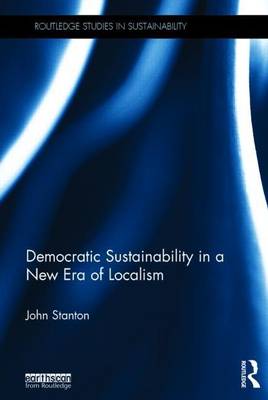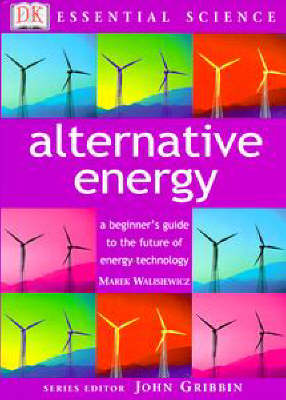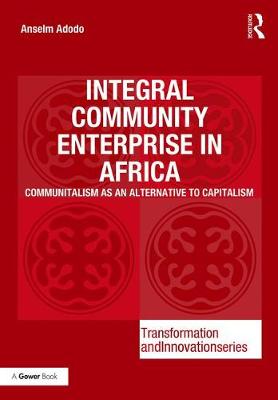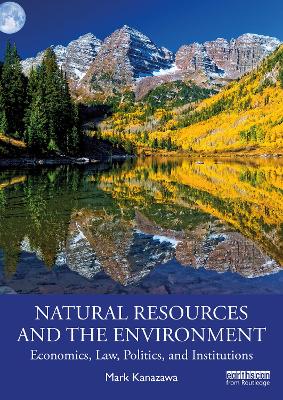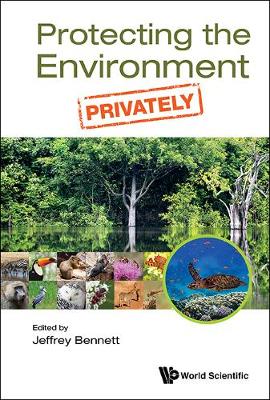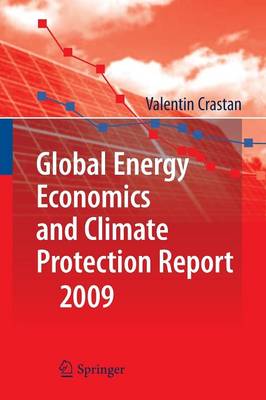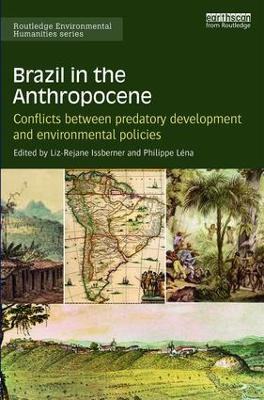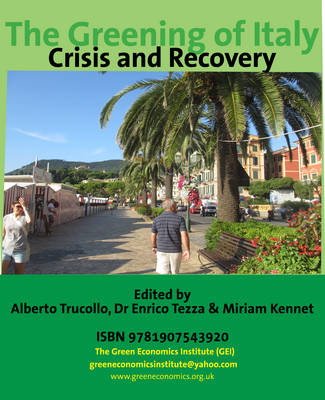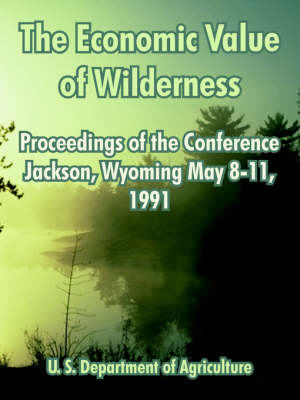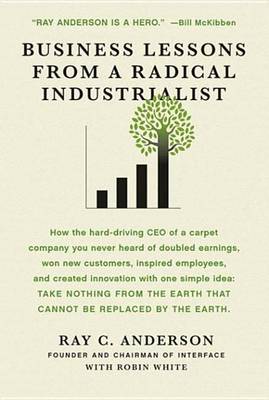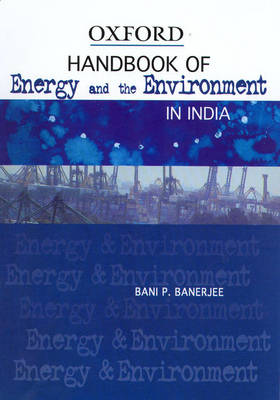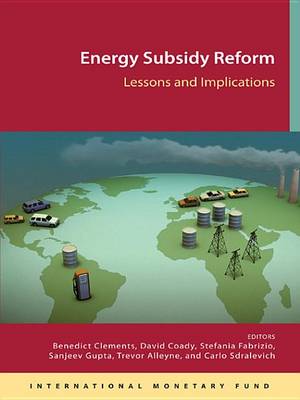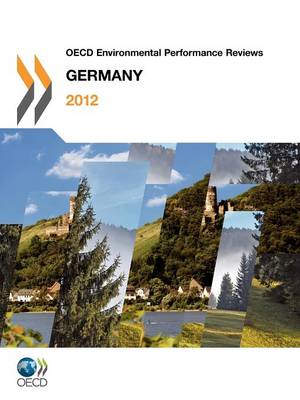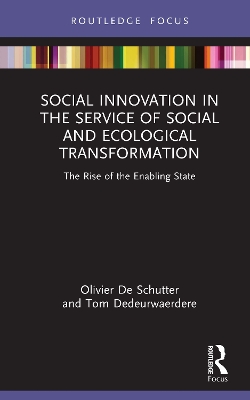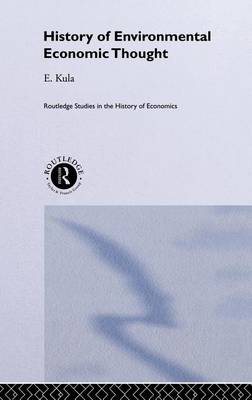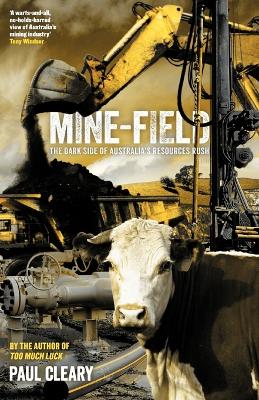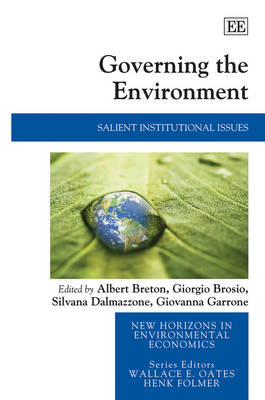Democratic Sustainability in a New Era of Localism
by Dr John Stanton
This stimulating series is the beginner's guide to a wide range of scientific concepts and topical issues affecting our daily lives. Alternative Energy examines the economic, environmental and politcal dimensions of the world's energy problems and examines how these issues are being addressed.
Integral Community Enterprise in Africa (Transformation and Innovation)
by Anselm Adodo
At a time of global economic crisis and disillusionment with capitalism, Adodo offers refreshing and positive insight into a more integral way of business management, enterprise and community development as well as holistic healing in Africa. For over three decades, Africa was the recipient of billions of dollars in aid funds that were meant to catapult the continent from undeveloped to developed status. Yet the more the aid poured in, the poorer African countries became. The devastating effec...
The Multilateral Trade and Investment Context for Biofuels
Natural Resources and the Environment: Economics, Law, Politics, and Institutions provides a new approach to the study of environmental and natural resource economics. It augments current contributions from the fields of public choice, law, and economics, and the burgeoning field of what used to be called the "New Institutional Economics," to describe, explain, and interpret how these new developments have been applied to better understand the economics of natural resources and the environment...
Protecting The Environment, Privately
Most volumes in the environmental economics literature consider the environment to be a public good and hence write out a role for the private sector in a source of supply. Yet there is ample evidence of the private sector being involved, driven both by profit and altruism. This book provides the necessary conceptual base for the inclusion of the private sector in the environmental protection supply equation and deliver an extensive set of examples in a wide range of contexts. In an economic cli...
Global Energy Economics and Climate Protection Report 2009
by Valentin Crastan
At the end of 2009 the World Bank and the IMF published new figures for gross domestic product adjusted for purchasing power. In addition to the new assessment of various developing and emerging nations, the considerable downgrading of the mean purchasing power of China and India is of particular significance. The present English edition of the book takes this into account. Con- quently it is not simply a translation of the German edition, but is also an update, in both the introduction and the...
A Journey Toward Environmental Stewardship
by Michael D Zagata Phd
Brazil in the Anthropocene (Routledge Environmental Humanities)
Brazil is considered one of the world's most important environmental powers. With a continental territory containing almost 70 per cent of the Amazon rainforest, along with a rich biodiversity and huge amount of natural resources, its geopolitical role in environmental decisions is crucial to ongoing global negotiations surrounding climate change. Development policies based on extraction and exportation of raw materials by the mining and agribusiness sectors threaten the global environmental b...
The Greening of Italy: Crisis and Recovery
by Alberto Truccolo, Miriam Kennet, and Dr. Enrico Tezza
The Economic Value of Wilderness
by S Department of Agriculture U S Department of Agriculture
Business Lessons from a Radical Industrialist
by Ray C Anderson and Robin White
This book treats energy, environment, and sustainability as an inseparable triad and considers methods of ensuring an energy policy within the constraints of resource availability and requirement, containing major essential constituents such as encourage dispersal of environment friendly energy making it available to all strata of society at affordable prices; reduce energy consumption gap between the richest and the poorest; optimize energy intensity, placing energy issues in the broadest socia...
Energy subsidies have wide-ranging economic consequences. Although they are aimed at protecting consumers, subsidies aggravate fiscal imbalances, crowd out priority public spending, and depress private investment, including in the energy sector. Subsidies also distort resource allocation by encouraging excessive energy consumption, artificially promoting capital-intensive industries, reducing incentives for investment in renewable energy, and accelerating the depletion of natural resources. Most...
Technology, Natural Resources and Economic Growth (New Horizons in Environmental Economics)
by S Managi and Shunsuke Managi
Through a combination of global data analysis and focused country level analysis, this timely book provides answers to the most pertinent country and industry specific questions defining the current relationship between technology, natural resources and economic growth. Shunsuke Managi takes a distinctive approach by focusing on the design and implementation of environmental regulations that encourage technological progress and, in doing so, looks at ways to ensure productivity improvements in...
Germany 2012 (OECD Environmental Performance Reviews)
This book explores how the State can play a role as an enabler of citizens-led social innovations, to accelerate the shift to sustainable and socially just lifestyles. To meet the twin challenges of environmental degradation and the rise of inequalities, societal transformation is urgent. Most theories of social change focus either on the role of the State, on the magic of the market, or on the power of technological innovation. This book explores instead how local communities, given the freedo...
History of Environmental Economic Thought (Routledge Studies in the History of Economics)
by Erhun Kula
This volume presents the ideas of major figures in economics throughout history on key environmental issues such as population growth, resource scarcity and environmental contamination. Throughout, the historical roots of current debates are explored with empirical case studies illustrating the link between theory and practice. The final chapters l
Agriculture, Biodiversity and Markets: Livelihoods and Agroecology in Comparative Perspective
Zambia's Story of Unbridled Capitalism and Lost Revenues
by Tiza Joseph Nyirenda
An Introduction to Sustainability provides students with a comprehensive overview of the key concepts and ideas which are encompassed within the growing field of sustainability. The book teases out the diverse but intersecting domains of sustainability and emphasises strategies for action. Aimed at those studying the subject for the first time, it is unique in giving students from different disciplinary backgrounds a coherent framework and set of core principles for applying broad sustainabilit...
Governing the Environment - Salient Institutional Issues (New Horizons in Environmental Economics)
Environmental policy, focusing on the control of pollution and on over-exploitation, easily overlooks the extensive range of interconnections between economic activities and natural systems. In this timely book, a number of specialists examine how crucial aspects of complex environmental problems and policy can be dealt with in decentralized governmental systems. Bridging the gap between the conventional environmental federalism literature and advances in environmental and ecological economics...
